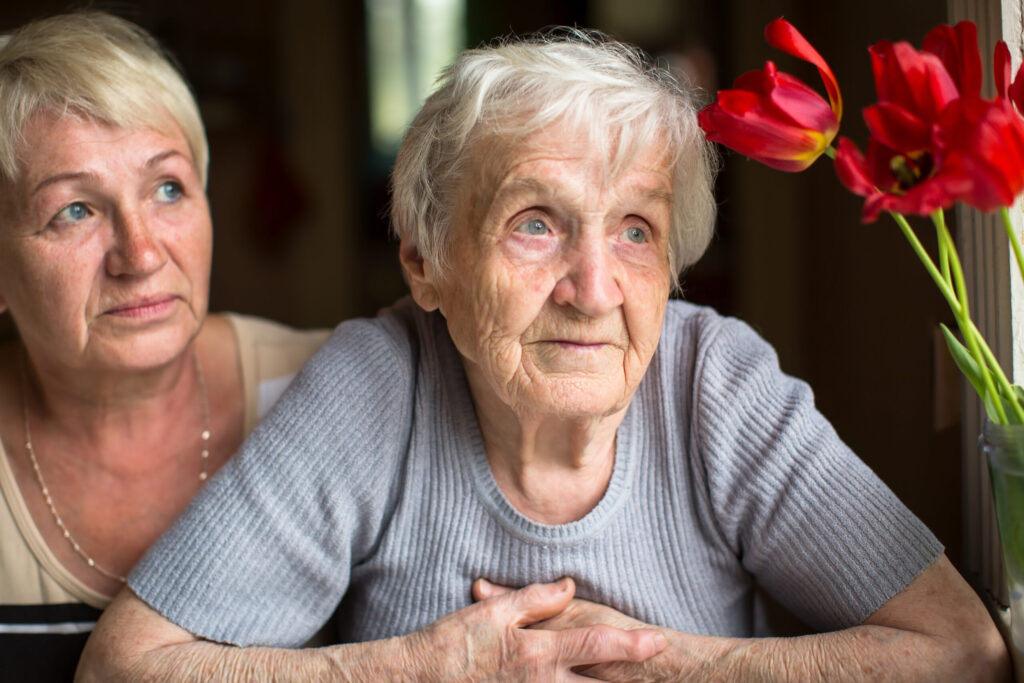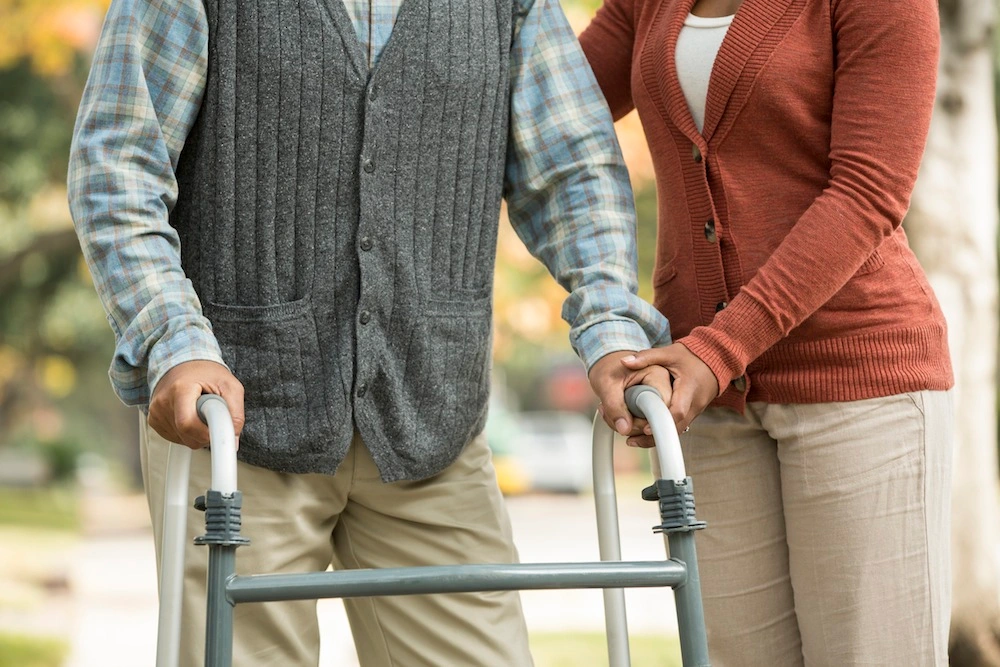Caring for an elderly parent can be a taxing experience but one that is very rewarding when it means keeping loved ones happy and healthy.
As a caregiver, however, you’re prone to be overwhelmed and risk developing your own issues in response.
If you’re wondering how to properly manage caring for an elderly parent, especially in New Jersey, here’s what you need to know.
What Can Caring for an Elderly Parent Mean?

Source: aplaceformom.com
A general term, “caring” for an elderly parent, can mean something different for every family and senior person.
For many, it simply means taking care of an aging family member’s needs at home rather than having them move to a group home for treatment.
People choose to do home care rather than group care for a number of reasons, with one of the top ones being comfort.
If they have the means to be taken care of in the familiarity and comfort of your home, it is what many aging persons would choose to do.
Within the care umbrella, you’ll find tasks like getting ready daily, including dressing, bathing, or personal hygiene, and mental and physical stimulation, such as word or board games and light walks. Care might also include managing a strict eating or medicine schedule to ensure an elderly person is receiving the nutrients they need to be their best self.
Of course, certain medical conditions require more specific targeted care. If someone has a wound, consistently cleaning and bandaging that wound may be a priority too.
All of this work can be overwhelming enough that utilizing a care facility makes the process easier, but in cases when a person can be cared for at home – it’s important to know the right steps to be successful.
1. Educate Yourself on the Role

There is no better way to approach a new feat than making sure that you’re completely educated on the matter.
This is especially crucial when it comes to caring for another living person with thoughts and feelings of their own.
Before embarking on a care journey for your elderly parents, make sure you understand what the job entails. Only by fully understanding the task are you able to know if it’s something you can handle.
Caring for an elderly parent is much more than just managing a pain medicine schedule or feeding at certain times. It’s an emotional, mental, and physical task that can take a lot out of you, the caregiver, and the patient.
2. Look for Alternative Medicine Options

Source: nbn.org.il
Being a caregiver, especially to your own parents, means a constant, evolving self-education routine.
Things are always changing when it comes to best care practices, and that means medicine too.
While you won’t want to adjust any prescribed medicine or try something without proper approval, finding new methods to make your parents feel their best is a great thing.
One example of supplemental, natural treatments to help manage pain or even boost appetite is cannabis use.
Depending on the medical conditions your parents suffer from, you may be able to receive a medical marijuana card which means easier, medicinal access to marijuana.
So long as their treating doctor approves the additional treatment method, utilizing medical marijuana can make all the difference.
3. Don’t Be Afraid to Ask for Help

Source: fortune.com
There is nothing wrong with relying on assistance when caring for elderly parents.
Whether you’re a full-time caregiver or a part-time after-hours helper, a third-party caregiver can help to make the burden easier.
You may be able to find a caregiver through your parent’s medical provider that is covered under insurance. In some cases, they may be able to make house calls or even act as a live-in assistant.
Alternatively, you might consider hiring a private, third-party caregiver to help manage your elderly parent’s daily care routine.
Not only will this help to relieve some of the emotional and mental burdens, but it can also help to free up your schedule.
A schedule that allows you to still do the things you love will reduce the potential of burnout and make caring for an elderly parent a more feasible job.
Conclusion
Caring for an elderly parent can be a difficult process, especially at first. As you work to integrate the new routines and demands into your already established life, you may be looking for methods to make the process easier. These tips are just a few that can help you make caring for an elderly parent much easier in the long run1






